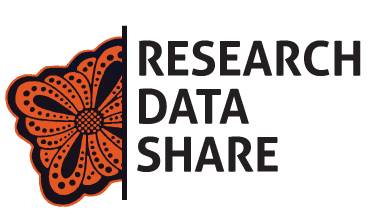The Research Data Share Collective is interested in the intersection between open data technologies, digital humanities and research data practices in Kenya and working towards more equitable and inclusive systems of knowledge production and infrastructure by/in/for Kenya. This collective was born out of an event entitled "Archiving Kenya's Past and Futures" held at one of the oldest libraries in the country on November 12, 2019. The collective is comprised of researchers from different disciplines and sectors including anthropology, communications, acturial science, AI, gender studies, and archival studies. The collective is connected to a wider network of researchers, archival specialists, librarians, open data technologists, and NGO practicioners.
The collective is currently working on an experimental book project designed to push against the genre of collaborative authorship by exploring what "database as book" means.
We are open to new collaborations focused on deepening understanding of the liberatory possibilities of open knowledge and experimenting through praxis with less extractive, more regenerative ways of building and sharing knowledge.
Contact collective @ researchdatashare.org if you'd like to partner with us.
<p>This shows the current Covid-19 pandemic, impactful interventions to contain the pandemic require fresh, accurate, reliable and in-depth data to inform decisions on containing this disease. Pathways International is collecting and aggregating Africa specific data on the spread of COVID-19. This data is analyzed and visualized using elements that reveal hidden patterns for purposes of understanding the impact of the contagion, and decision support.
